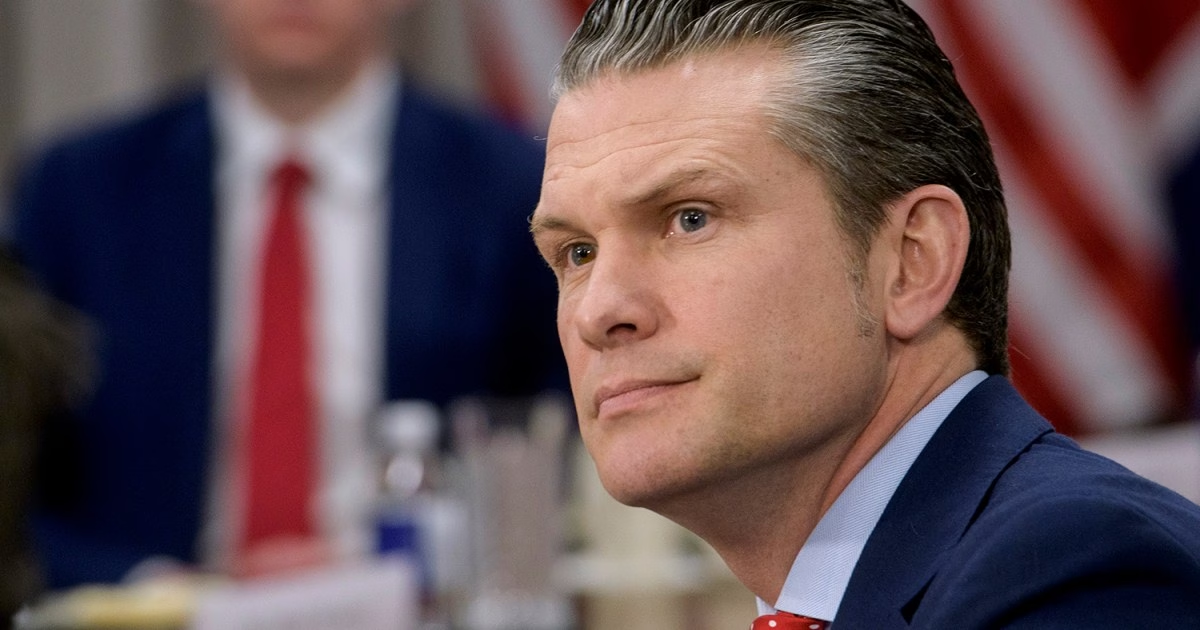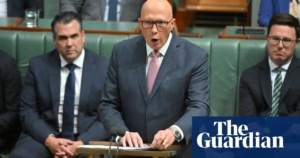On March 24, during a press briefing on a Hawaii runway, United States Secretary of Defense Pete Hegseth stated to a reporter, “Nobody was texting war plans, and that’s all I have to say about that,” which he reiterated the following day. However, the Trump administration’s Signal group chats suggested otherwise.
Signal group texts revealed a different narrative. On the same day, The Atlantic’s editor-in-chief, Jeffrey Goldberg, described how he was unintentionally added to a group chat with high-ranking Trump administration officials discussing an upcoming air strike on US adversaries in Yemen.
Initially, Goldberg only mentioned in his report that the “war plans” discussed in the chat included “precise information about weapons packages, targets, and timing.” However, he refrained from publishing the detailed messages of the military strikes due to concerns over revealing sensitive security information.
The National Security Council confirmed the authenticity of the chat thread and stated that they would conduct a review on how Goldberg’s number was added to the thread.
Following the White House and Hegseth’s denials that “war plans” were discussed, The Atlantic released the complete text exchange on March 26. The messages showed that Hegseth provided information about the launch times of aircraft and drones, the timing of bomb drops, and the expected movement of targets.
Upon contacting the White House for a comment, a spokesperson directed us to a statement by Press Secretary Karoline Leavitt on X, stating that no “war plans” were discussed.
The United States conducted airstrikes on Houthi fighters on March 15 as part of their efforts to target the group responsible for continuous attacks on ships in the Red Sea since the start of Israel’s war in Gaza in October 2023.
Following The Atlantic’s second article, National Security Advisor Mike Waltz and Secretary of State Marco Rubio both denied that any war plans were shared. They argued that the messages did not include names, locations, or tactics. However, military experts pointed out that while the term “war plans” may not be officially used by the military, the details provided in the Signal messages were specific enough to be considered operational plans.
Michael O’Hanlon, a senior fellow in foreign policy at the Brookings Institution, stated that the messages came as close to providing specific plans as possible, short of giving target coordinates.
In response to the shared messages, military experts acknowledged that the texts did not constitute a comprehensive war plan but argued that they contained dangerously specific details.
The messaging app Signal, while providing some level of security, was deemed insufficient to protect highly sensitive information from being leaked.
Source: https://www.aljazeera.com/news/2025/3/27/pete-hegseth-says-signal-chat-had-no-war-plans-hes-wrong-say-experts?traffic_source=rss







